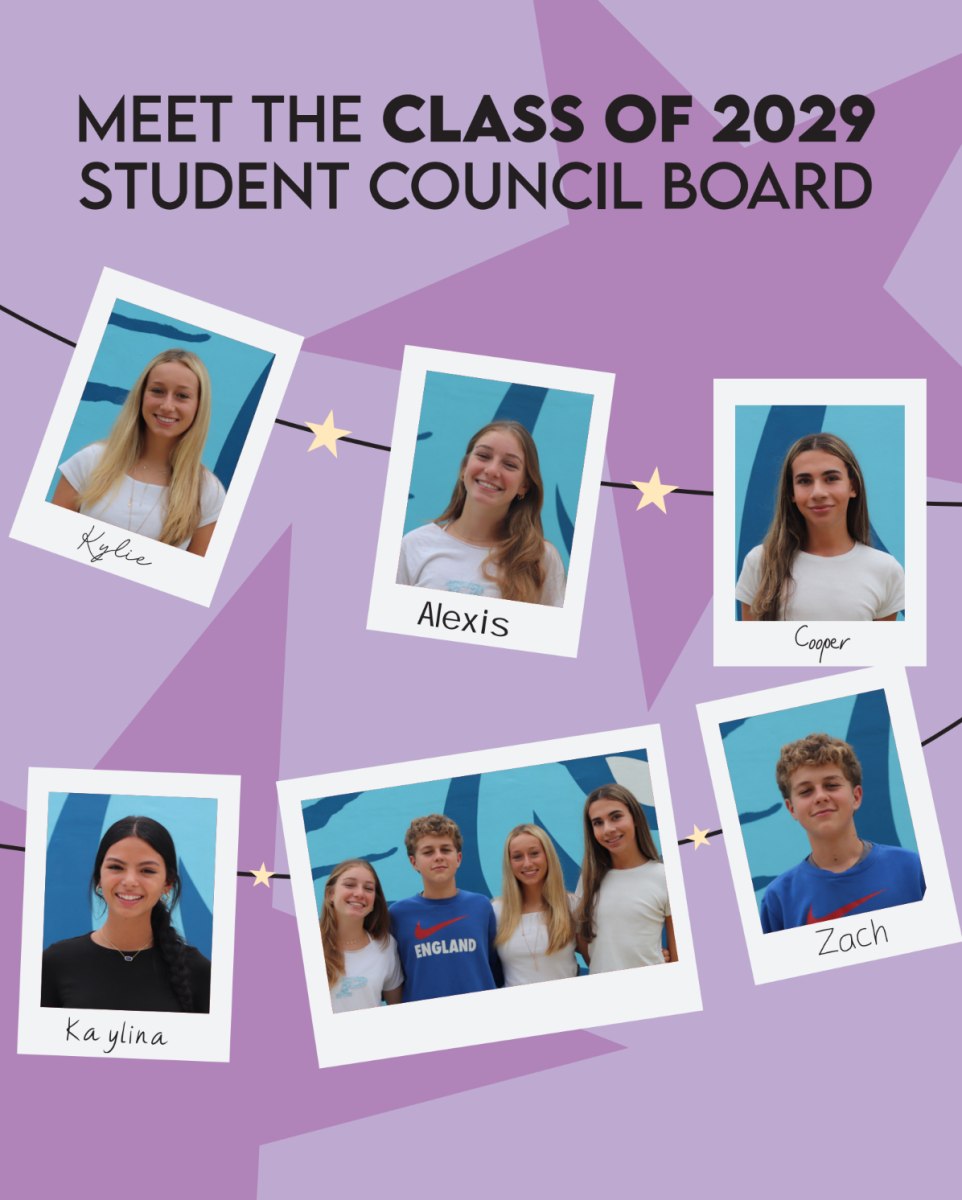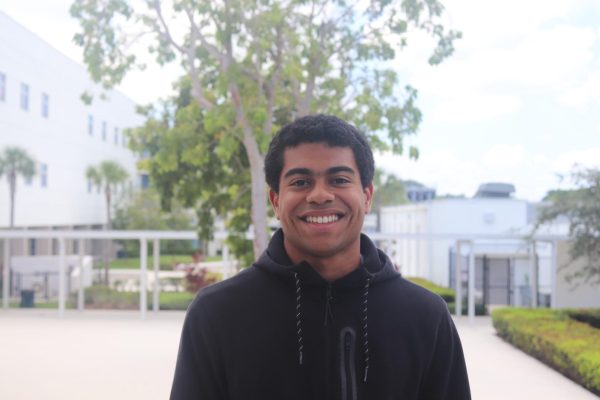After experiencing the college application process and receiving admission to a college or university, the next step for incoming college freshmen is affording an undergraduate education. For many students, Florida’s Bright Futures scholarship offers an appealing way to attend colleges within the state of Florida without taking on large amounts of debt. In return, the state keeps its talented students, who it hopes will continue to contribute to Florida’s economy after graduation. Every year, the Florida state legislature sets requirements students must meet to qualify for a Bright Futures Scholarship. However, the requirements give an advantage to Hispanic students over students of other racial and ethnic groups.
The Florida statute that sets the requirements for the Florida Academic Scholars Award and Florida Medallion Scholars Award are 1009.534 and 1009.535, respectively. Bright Futures awards these scholarships. The language of the statutes explicitly states that students who have, “been recognized by the National Hispanic Recognition Program as a scholar” can qualify for the FAS and FMS scholarships if they meet the other requirements as well. The Florida Department of Education’s 2023-24 Bright Futures Handbook, which lists the requirements in more detail, says on page six, “Students who have demonstrated academic merit through a recognition program may be eligible for Bright Futures without having to meet one or more of the requirements.” The handbook shows on a chart that students who have received recognition from the National Hispanic Recognition Program can bypass the Bright Futures college entrance exam score requirement. This means certain Hispanic students who met all other requirements except for a score of 29 on the ACT, 96 on the CLT or 1340 on the SAT can still qualify for the FAS scholarship as long as they received recognition from the National Hispanic Recognition Program. By the same token, certain Hispanic students who met all other requirements for the FMS scholarship except for a score of 25 on the ACT, 84 on the CLT, or 1210 on the SAT can still qualify, as long as they received recognition from the National Hispanic Recognition Program.
The National Hispanic Recognition Program is run by the College Board — the organization responsible for administering the SAT, PSAT, and AP exams. The College Board has recognition programs for students from rural areas and small towns, African American or Black students, Indigenous or Native American students, first-generation students, and Hispanic or Latino students. To receive recognition, a student must “take the PSAT/NMSQT, PSAT 10, or AP exams and meet specific academic criteria,” according to the College Board website.
When seniors at Miami Palmetto Senior High reviewed the requirements for Bright Futures, many Black students objected to the double standard they saw — their Hispanic counterparts could avoid the test score requirement with their College Board recognition, but Black students could not do the same with the National African American Recognition Award.
“I’m disappointed but not surprised. There is always a double standard when it comes to African-Americans. I myself have seen and experienced this in real-time from teachers holding me to a higher standard than all other students, forcing me to work ten times harder so I can prove I’m worthy and capable of taking this many
[Advanced Placement classes] or trying to stick out from my own people so I can be recognized and not simply passed over,” senior and African American Recognition Awardee Noraly Paul said.
For underclassman Black students, the double standard means developing a strategy that does not rely on trying to bypass the test score requirements.
“I thought that [for] some colleges you don’t need to submit your SAT score anymore, but now knowing that I need that SAT score to get the scholarship, I’m definitely going to work harder to get a good score,” sophomore Indeah Lane said.
The Bright Futures office provided no insight into the reasoning behind this double standard.
“We here at the Florida Department of Education do not issue opinions or comment on it. We just implement the legislative requirements that are sent over from the Florida legislature,” Director of Outreach Services at the Office of Student Financial Assistance Pedro Hernandez said.
MPSH College Assistance Program advisor Linda Dwyer opposes the double standard.
“I feel that [the double standard] is disturbing, and it goes against everything in college admissions, if not society, that I feel is gearing towards promoting diversity and supporting all kids of all backgrounds from every socioeconomic status and ethnicity and everything else,” Dwyer said. “It’s unacceptable.”
Former CAP advisor Harry Nerenberg says the double standard has persisted for years. Nerenberg cites the role of politics when it comes to which groups receive preferences in legislation.
“The legislature has just made these rules through political strategies, also budgetary too, because of how much it would impact [legislative budgets] they have to have a certain amount of money,” Nerenberg said.
The requirements to receive a Bright Futures scholarship have increased gradually since the program’s inception. As the requirements became more rigorous, fewer Black and Hispanic students qualified to receive a scholarship. Nerenberg recalls the effect at MPSH.
“Our numbers went from 400 to 200 or 180. We went down 50% at Palmetto. Whenever they raised for the first time from the 970 to the 1120 [SAT score], that year we dropped half of our data,” Nerenberg said.
The Federal Department of Education’s Office for Civil Rights investigated the Bright Futures program in 2002 and 2014 because of “allegations that the state of Florida utilizes criteria for determining eligibility for college scholarships that have the effect of discriminating against Latino and African American students on the basis of national origin and race,” according to the Tampa Bay Times.
The College Board does not say that the National Hispanic Recognition Program is any more rigorous than the National African American Recognition Program or National Indigenous Recognition Program. Black and Native American students experience higher rates of poverty than their white counterparts, making the cost of college more burdensome, and causing a greater need for scholarship money. Lane believes this double standard shows why people should vote for legislators who will protect everyone’s interests.
“It made me feel like [the Florida government doesn’t] care. They’re not paying attention to other students’ needs; [they are only] really focusing on one thing, which is why I wanted to urge people to vote, anyone that’s 18 or older, since an election is coming up. So, go vote so we can get people in office that will focus on every group and help them succeed in life,” Lane said.





